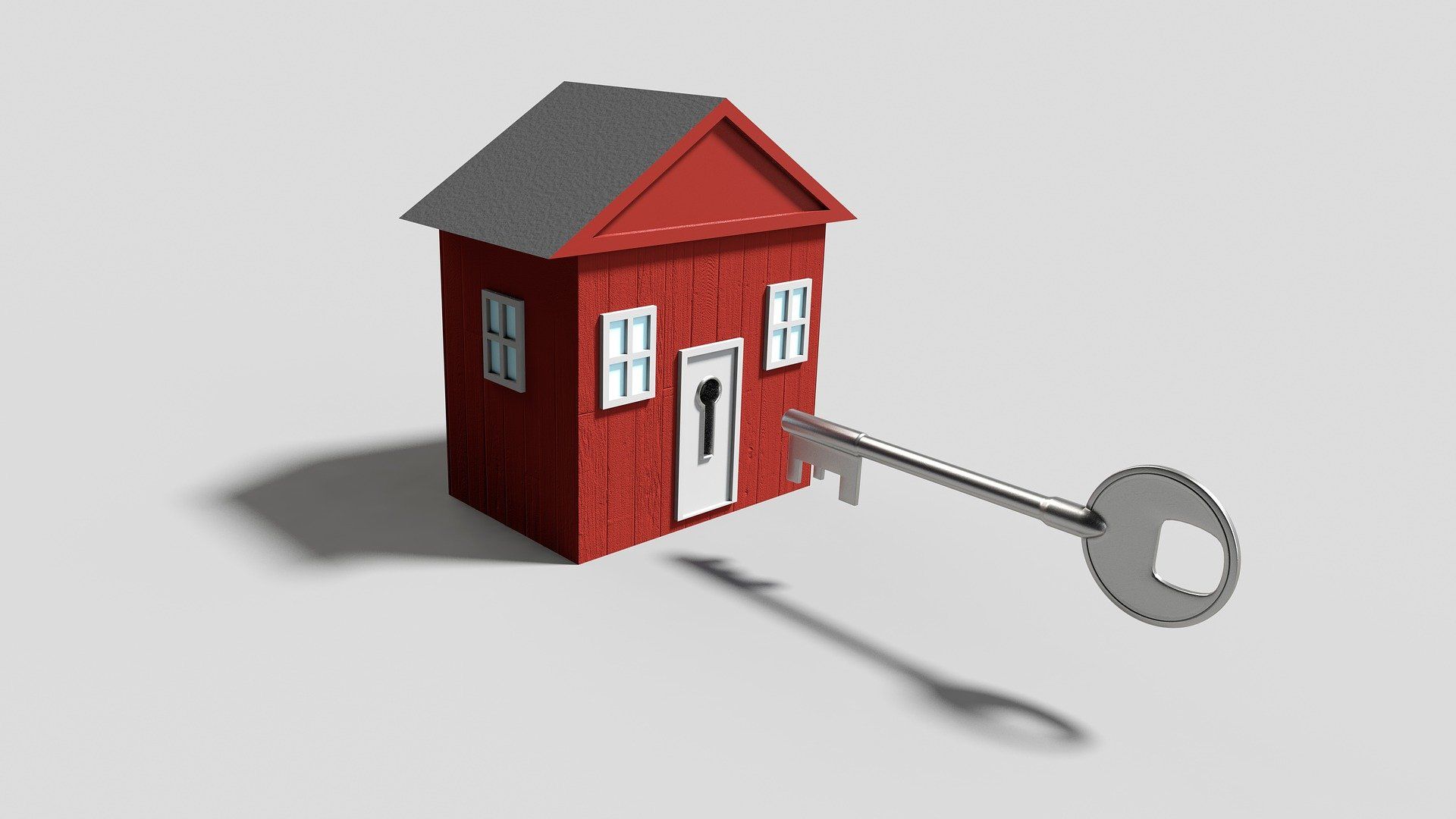The Challenges of Rising Construction Costs
- By Admin
- •
- 13 Jun, 2018

STEP UPDATES
Daniel
Greenhalgh, ENM’s co-founder, says that the province’s mandated STEP Code
updates will multiply costs in ways that most citizens don’t realize.
“Last
year, the province committed to making every building net-zero energy ready by
2032. They’re doing it in five steps, incrementally over the next few years, so
right now we’re still at STEP 1. This is obviously great for the environment -
but when we’re talking about rising housing costs as the greatest social crisis
affecting the province, these mandated energy standards are going to dramatically
add to the problem. For example: Every building will need to have geothermal
heating with much thicker walls. Even if there are no additional cost increases
for supplies or other construction costs, the costs to follow the STEP Code,
will more than double current costs. And of course, those cost increases will
be passed along to the consumer via the increase in the price of the home or
unit.
“The
province has told developers that in just the next five years, they want
everyone to be at STEP 3. So, those costs are going to hit very soon. For STEP
3, we’re going to have dig 12-14 feet down in every driveway, or under every
building, and put large coils underground for geothermal heating; for a 2000 square
foot home this translates to a cost increase from $320/sf to $640/sf. There are
a few grants to help developers with these updates, but they’re really just a
drop in the bucket. The homebuyers are going to be paying for these updates.
NEW TARIFFS AND DEVELOPMENT FEES
Dan
also points out that Canada’s new tariffs on drywall have been a big challenge
to developers in trying to keep prices steady.
“Sometimes
we hurt ourselves with artificial cost increases. Last September, the federal
government put in place a new tariff on drywall. So now costs have gone up 17%.
There’s an immediate cause and effect to this that hits homebuyers directly.
The government believes they’re going to be benefitting from the construction
boom, but we’re all businesses. We’re just passing those costs on to end users,
and that hurts the people that vote them in.



